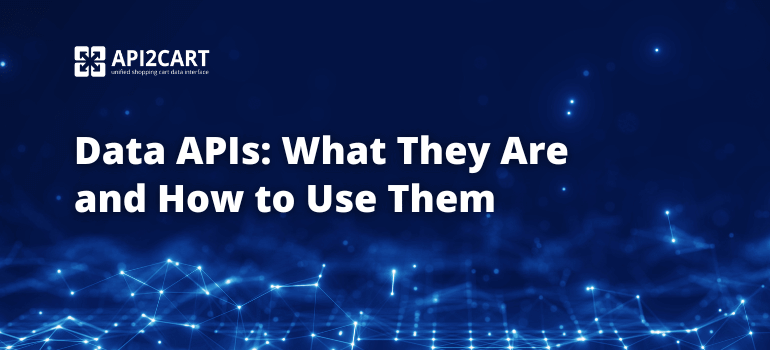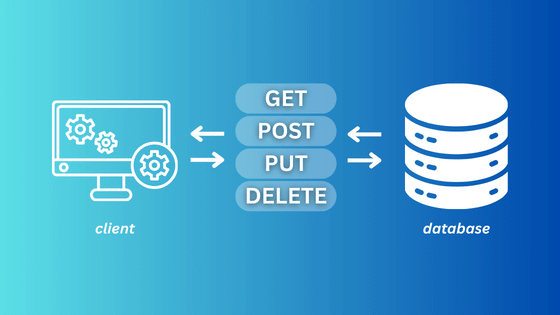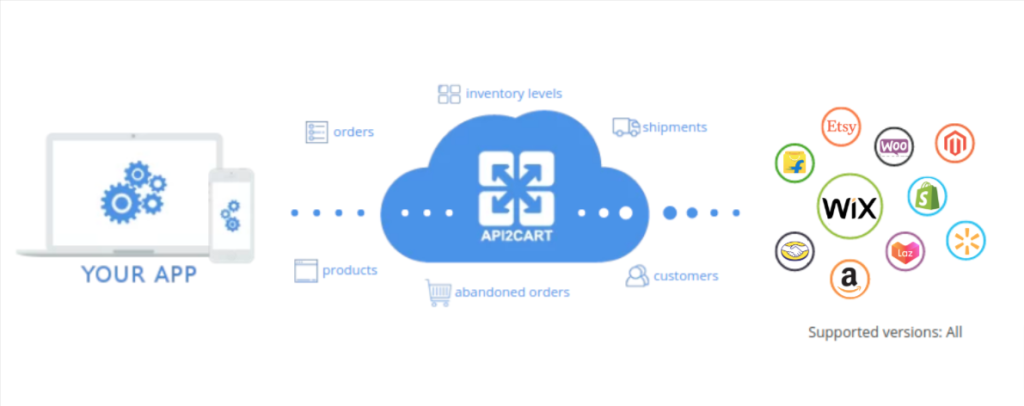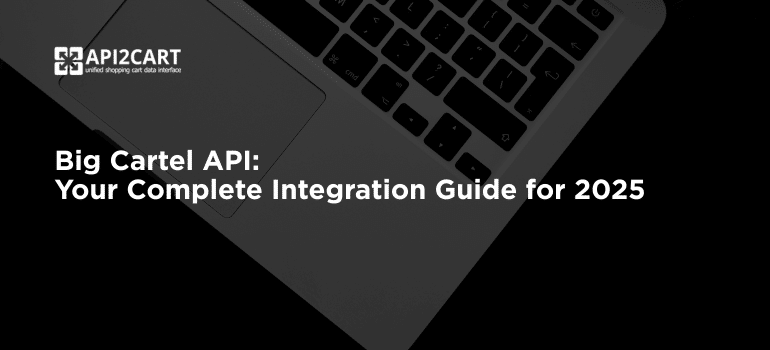
Definition of API
An API (Application Programming Interface) is a set of rules and protocols for building as well as interacting with software applications. APIs are the means that define the ways applications are able to communicate with each other and the data formats they share, acting as a link between different software programs. This provides developers with the ability to make programs that can interact with other systems on their own without the need to have knowledge of the internal structures of those systems. APIs are fundamental nowadays in software development because they help companies to increase the functionality of their apps through an open & standardized way, which allows them to be integrated with external services easily.
The role of APIs in modern software development has increasingly become fundamental, especially in the context of the cloud services and web-based platforms era. It provides the ability to flexibly make additions, increase interoperability, and boost user experience without the need to rebuild or reconfigure the platforms. They facilitate the development of feature-rich, adaptable apps and are at the core of many of the services we use daily, from social media and banking apps to business software and mobile apps. APIs are a key component of the communication infrastructure that connects these services to each other and routes data over the internet.
Importance of APIs in the Digital Age
In the digital age, data APIs have become increasingly useful for businesses and organizations that seek to utilize data. APIs are the bricks which allow different software systems to talk with each other and share data between themselves in a very smooth way. This contributes to the integration of different applications and the services, as a result of which companies can achieve operational excellence, optimize efficiency and reach for new innovations.
Besides, one of the benefits of data APIs is that it allows for the retrieval and management of data from external resources without the need to make and maintain the complex infrastructure. This feature allows companies to use data from various sources, e.g. social media platforms, IoT devices, and third party applications, for improvements in their products and services.
In addition, marketplaces data APIs enable companies to automate processes, perform data processing faster, and create relevant customer experiences by using data in real-time. Through a combination of data APIs and their systems, businesses can have an advantage over their competitors because they will have an opportunity to make more informed decisions, improve the customer satisfaction and achieve the growth.
Thus, the overall data APIs are a solid choice for any business that is aspiring to become on par with the competition in the digital world. Data exchange and data integrations become a reality and this enables the company to fully utilize their data assets, and make their operations more efficient, and create the value for customers. The pace of technology advances ensures the ever-growing significance of data APIs.
Role of Data APIs in Modern Software Businesses
Data APIs are a significant element of today's software business as they help the business to access, share and use data effectively and efficiently.
One of the most significant advantages of using data APIs is that they make it easier to automate processes and workflows within an organization. Through the standardized interfaces for data access, data APIs make the work of developers to access and manipulate data from different sources much easier and faster.
Apart from that data APIs allow business people to quickly integrate with other services and broaden their services without involving much development work. This flexibility enables organizations to respond to shifting market needs swiftly and stay on top of the competitive market.
Besides, data APIs also act as the core in data security and compliance. The data APIs offer the use of secure access controls and encryption mechanisms which ensure that the sensitive data is protected during transmission and storage. They ensure that business stays compliant with the regulations and have the trust of their customers.
Types of Data APIs
Data APIs are an important part of software development, with applications being able to access and handle data from different sources. There are various types of APIs for data that are used for different reasons and fulfill different requirements. Let's explore some of them.
RESTful APIs
RESTful APIs, or Representational State Transfer APIs, is a kind of web API that is based on REST. REST is a software architecture pattern that describes the limitations and rules of building web services.
The purpose of RESTful APIs is to be scalable, lightweight, and user-friendly. They use standard HTTP methods, like GET, POST, PUT, and DELETE, to execute operations on resources. It allows the data APIs to be easily integrated into applications because they can provide a standard way to access resources over the web.

The essential principle of RESTful APIs is that they are stateless; therefore each request from a client to a server should contain all information needed for the request to be understood and processed.
SOAP APIs
SOAP (Simple Object Access Protocol) APIs are a category of web service protocols that enable communication between different systems on the internet.
SOAP APIs utilize XML as their message format and generally depend on HTTP or SMTP as the transport protocol. They are well-known for their standardization and can be used for the exchange of structured data in a platform-independent manner.
One of the strengths of SOAP APIs lies in its power to define intricate data types and messages, thus making it a good choice for applications which demand high security and reliability.
Importance of API in eCommerce Integration
The process of integrating your solution with major eCommerce platforms such as Shopify or Magento is a tedious task for software developers. This is where APIs are required. APIs are like the messengers that your software can use to communicate effortlessly with these platforms and that makes the world of possibilities open to you. For instance, picture your creative customer loyalty program smoothly linking to a store's product data on Shopify or your AI-based marketing tool gathering current sales data from Magento - all of these being made possible through APIs. Therefore, you can have the benefit of a bigger software audience and your customers' users will have a more wholesome experience.

Developing and maintaining individual integrations for each platform, eCommerce or otherwise, can be a massive pile up of code. The use of API2Cart, which is a unified eCommerce API, can be the way to solve this problem. You no longer need to develop separate integrations for each platform since API2Cart gives a single API that connects your software to many eCommerce platforms, such as Shopify, BigCommerce, and others. Updates to the inventory, order management, customer data – all of these and many other things run through a single well-constructed API, which cuts your development time and frustration levels.



